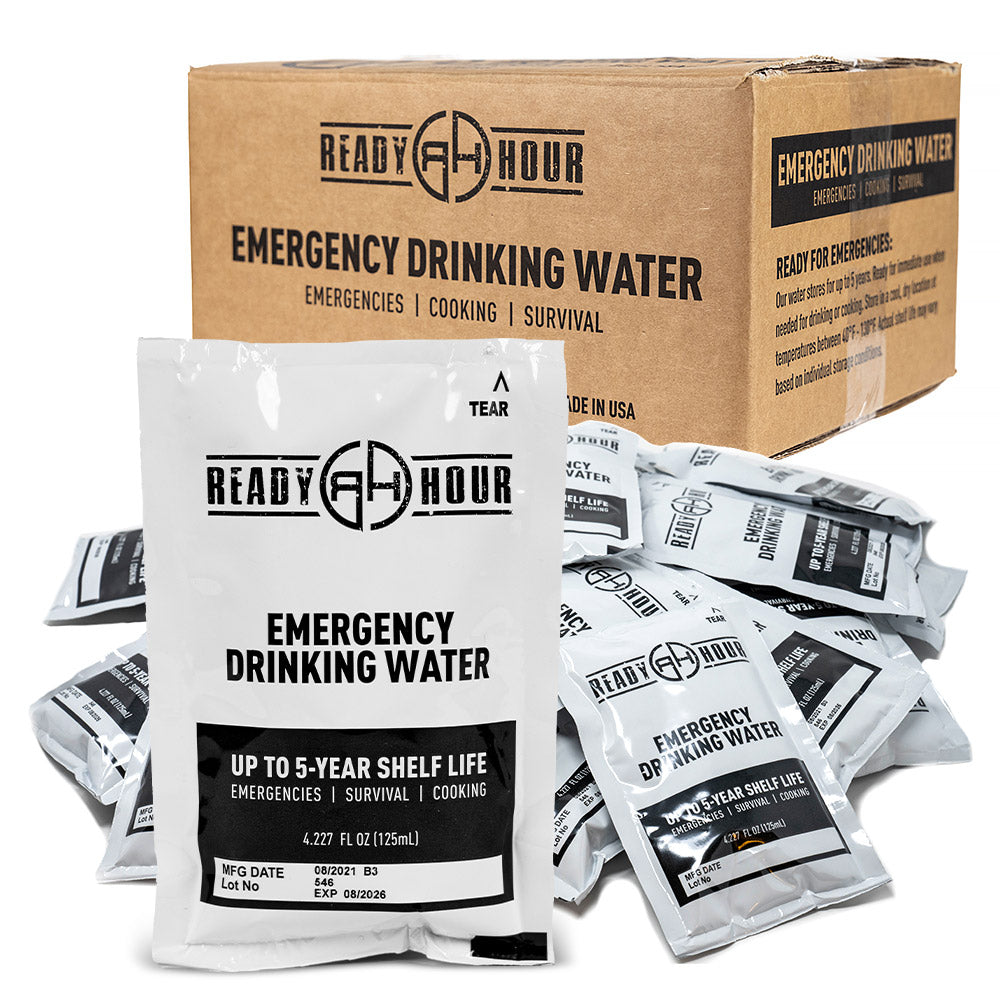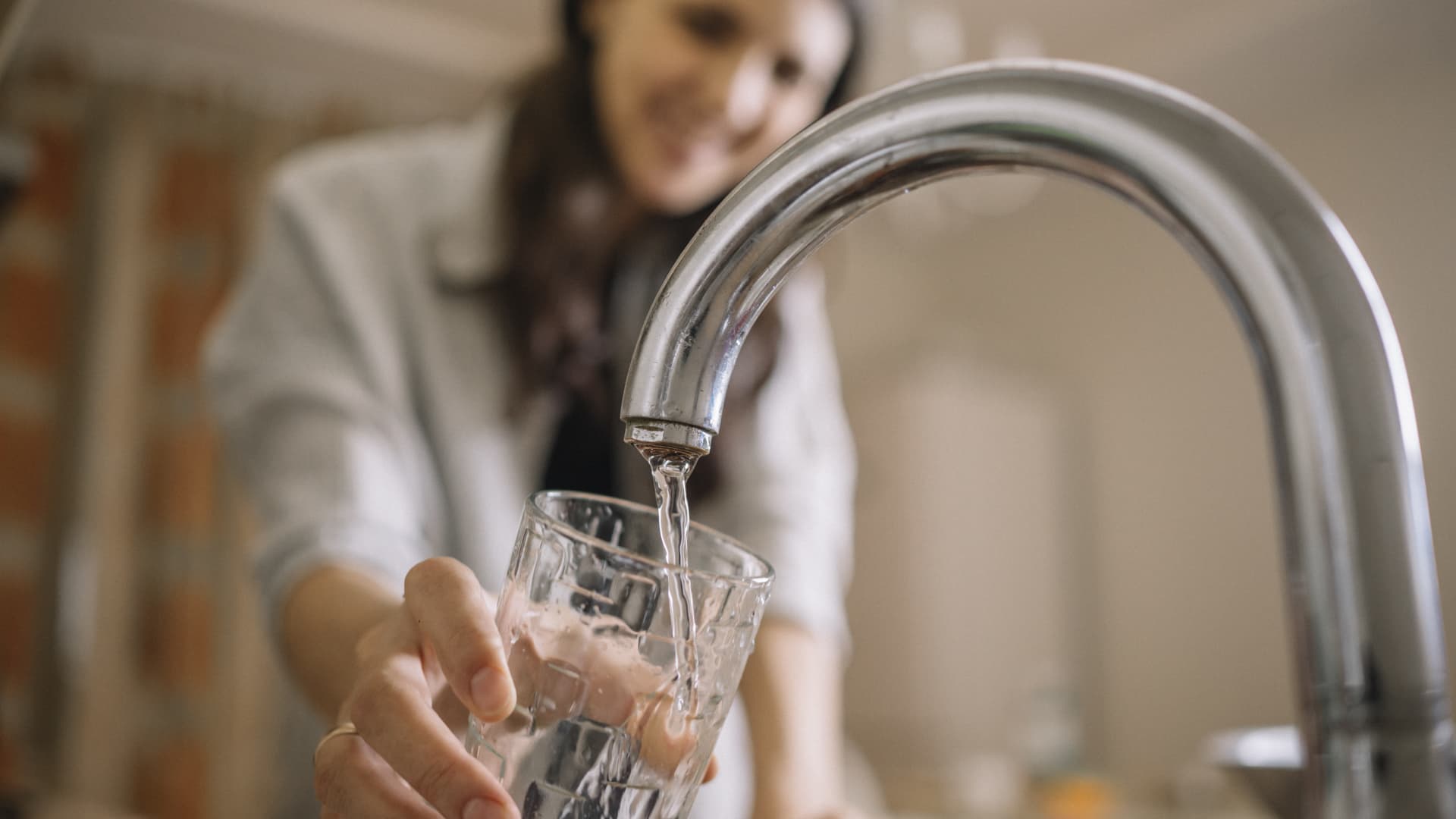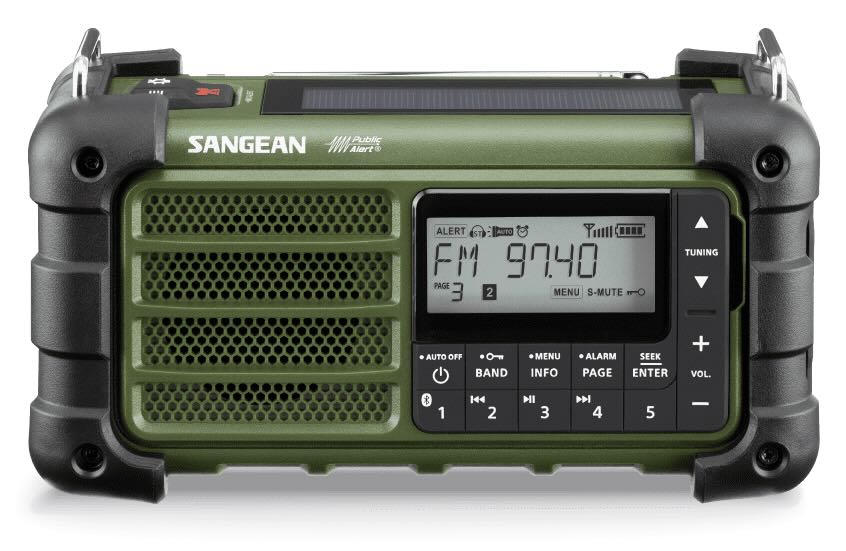- Messages
- 14,528
- Reaction score
- 2,948
- Points
- 238
Philly is going through a problem with possible contaminated water right now. Here's some personal observations.
Yesterday I went to Shoprite early (around 6:10AM) and was a bit surprised to see the parking lot was pretty full. Most of the people I saw in the store were loaded up with bottled water. Didn't recognize any of the faces. Most were probably from the city.
Hit Sam's Club after breakfast (around 8:30AM) and noticed the parking lot was jam packed. Store crowded with employees directing foot traffic in certain areas. Most peeps loaded up on bottled water. Store dude told me they had started to ration water to 4 cases per person. Heard they ran out or water around 1PM.
Throughout the day my FB page had peeps showing empty shelves in different places they had went to.
- Best to have at least 3 days of water on hand if you can do it. More is better.
- Water filters are a good thing. Recommend having one. DYODD when shopping for one.
- In a pinch you can fill up pots and containers
- Don't wait until an emergency hits. Prep while times are good.
Yesterday I went to Shoprite early (around 6:10AM) and was a bit surprised to see the parking lot was pretty full. Most of the people I saw in the store were loaded up with bottled water. Didn't recognize any of the faces. Most were probably from the city.
Hit Sam's Club after breakfast (around 8:30AM) and noticed the parking lot was jam packed. Store crowded with employees directing foot traffic in certain areas. Most peeps loaded up on bottled water. Store dude told me they had started to ration water to 4 cases per person. Heard they ran out or water around 1PM.
Throughout the day my FB page had peeps showing empty shelves in different places they had went to.
- Best to have at least 3 days of water on hand if you can do it. More is better.
- Water filters are a good thing. Recommend having one. DYODD when shopping for one.
- In a pinch you can fill up pots and containers
- Don't wait until an emergency hits. Prep while times are good.




